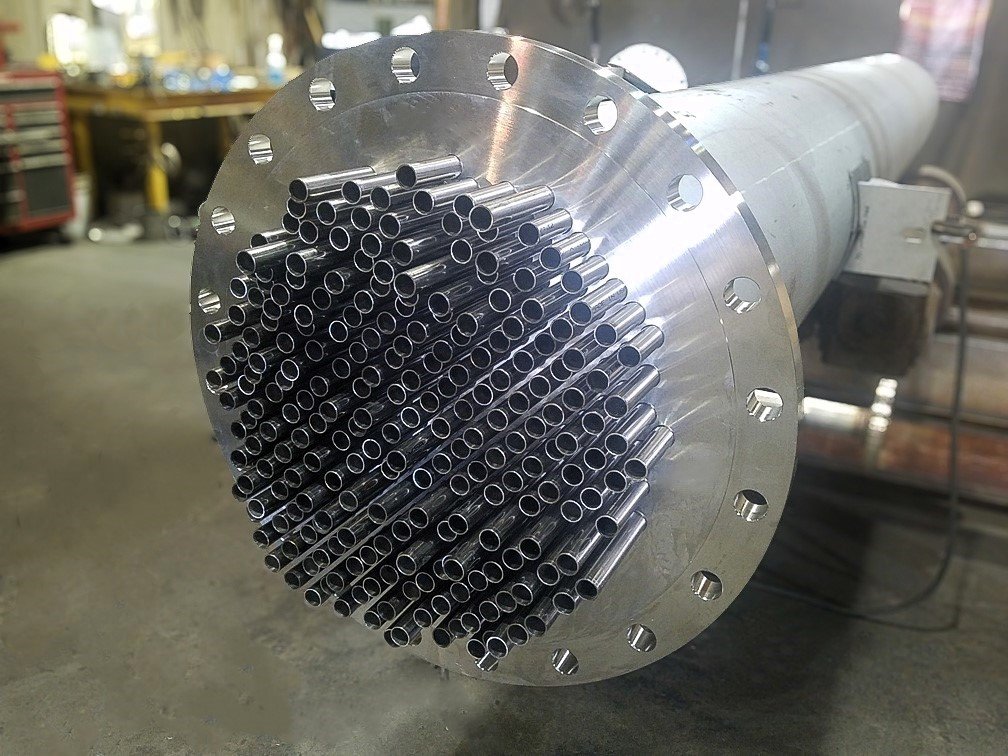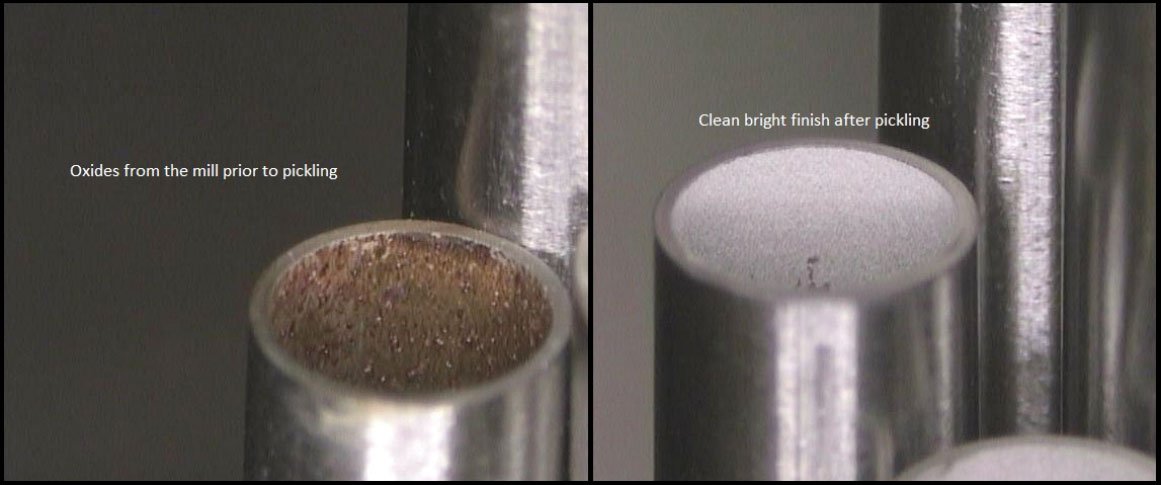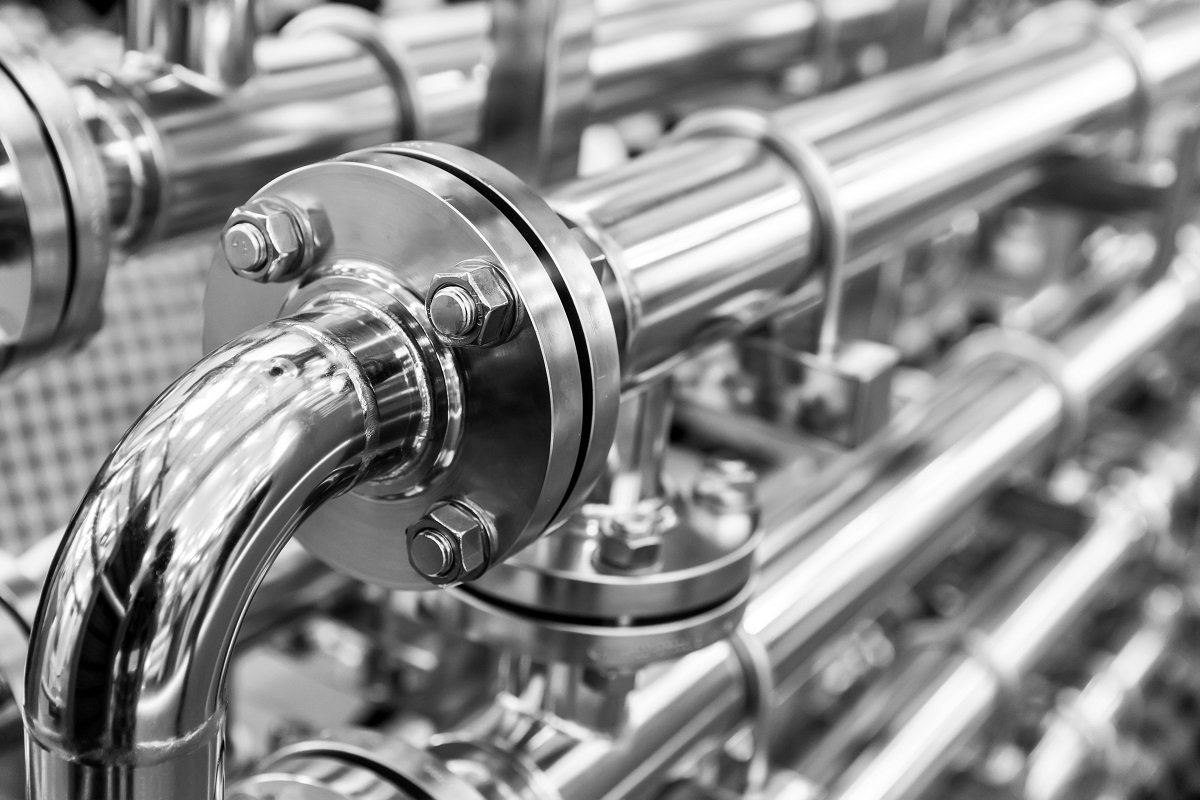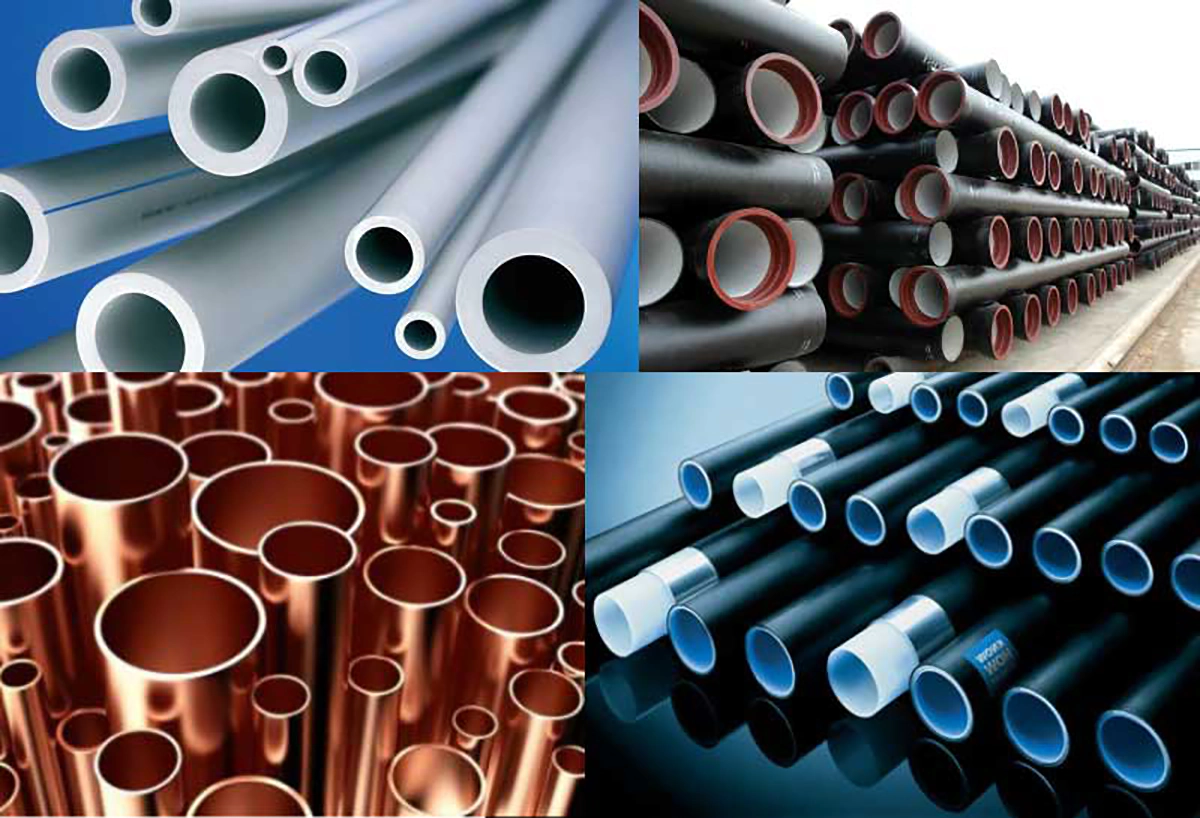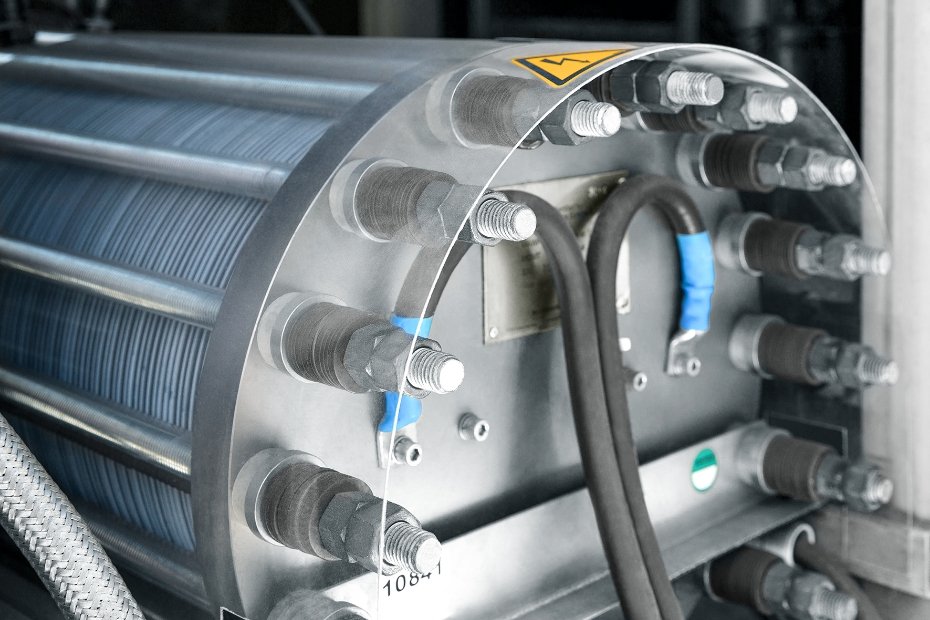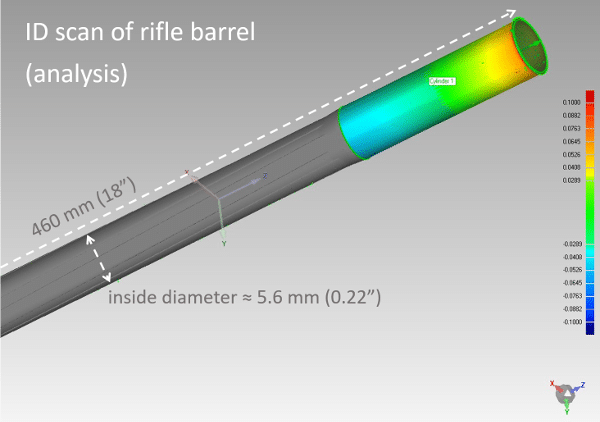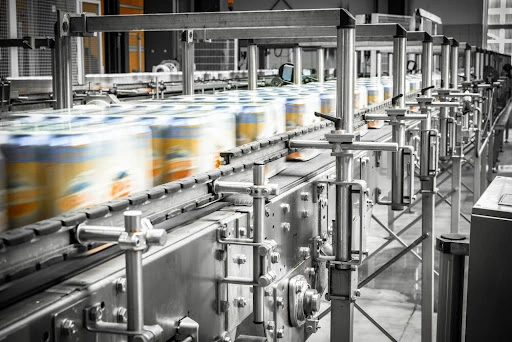1. Introduction – Best Material for Seawater Heat Exchanger
Selecting the best material for seawater heat exchanger applications is critical because marine environments are highly corrosive. The wrong choice can lead to rapid degradation, costly repairs, and even complete system failure.
If your priority is boosting efficiency, read 5 Proven Ways to Improve Heat Exchanger Efficiency. To reduce fouling, see 7 Effective Ways to Prevent Fouling in Heat Exchangers.
2. Why Material Selection Matters in Marine Environments
Seawater contains high concentrations of chlorides, dissolved oxygen, and microorganisms, all of which accelerate corrosion and fouling. Inadequate material selection can result in:
- Pitting corrosion
- Crevice corrosion
- Biofouling buildup
- Loss of thermal conductivity
According to NACE International, material choice can account for up to 50% of the lifecycle cost of a seawater heat exchanger.
3. 5 Best Material Options for Seawater Heat Exchangers
1. Titanium (Grade 2 or Grade 5)
- Advantages: Exceptional corrosion resistance, high strength-to-weight ratio, good thermal conductivity for its corrosion resistance class.
- Disadvantages: High initial cost.
- Best for: Offshore oil & gas, desalination, naval systems.
- Reference: Titanium alloys
2. Copper-Nickel Alloys (Cu-Ni 90/10 and 70/30)
- Advantages: Good thermal conductivity, natural biofouling resistance, long marine service record.
- Disadvantages: Susceptible to erosion in high-velocity seawater.
- Best for: Marine cooling systems, coastal power plants.
3. Duplex Stainless Steel (2205)
- Advantages: Excellent resistance to chloride stress corrosion cracking, high mechanical strength.
- Disadvantages: Lower thermal conductivity compared to copper alloys.
- Best for: Offshore platforms, seawater-cooled condensers.
- Reference: Duplex stainless steel
4. Super Duplex Stainless Steel (2507)
- Advantages: Higher PREN (pitting resistance equivalent number) than 2205, superior in aggressive seawater environments.
- Disadvantages: Higher cost, more challenging fabrication.
- Best for: High-chloride seawater and high-pressure systems.
5. 316L Austenitic Stainless Steel
- Advantages: Affordable, widely available, good corrosion resistance in less aggressive seawater.
- Disadvantages: Limited resistance to pitting in warm, oxygen-rich seawater.
- Best for: Low-chloride cooling water, budget-conscious projects.
4. Material Comparison Table
| Material | Corrosion Resistance | Thermal Conductivity | Cost | Typical Applications |
|---|---|---|---|---|
| Titanium | Excellent | Medium | High | Offshore, desalination |
| Cu-Ni 90/10, 70/30 | Very Good | High | Medium-High | Marine cooling, power plants |
| Duplex 2205 | Very Good | Medium-High | Medium | Offshore, condensers |
| Super Duplex 2507 | Excellent | Medium-High | High | Aggressive seawater |
| 316L SS | Good | Medium | Low | Low-chloride seawater |
5. DLSS Recommendation for Seawater Applications
At DLSS, we recommend duplex stainless steel 2205 or super duplex stainless steel 2507 for most seawater-cooled heat exchanger applications. These grades offer an excellent balance between corrosion resistance, mechanical strength, and cost efficiency.
Compare common tube alloys in detail here: stainless steel vs copper vs titanium. If you are sizing a new unit, review key steps for shell and tube heat exchanger sizing.
6. Conclusion
Choosing the best material for seawater heat exchangers involves balancing corrosion resistance, thermal performance, and cost. For the harshest conditions, titanium and super duplex stainless steels deliver the longest service life, while copper-nickel alloys and duplex stainless steels provide excellent performance for most industrial projects.
For efficiency tips, see 5 Proven Ways to Improve Heat Exchanger Efficiency. For fouling prevention strategies, read 7 Effective Ways to Prevent Fouling in Heat Exchangers.
Contact DLSS
At DLSS, we manufacture high-quality stainless steel tubes for heat exchanger applications, ensuring optimal heat transfer, corrosion resistance, and long service life.
Email: info@dlsspipe.com
Website: www.dlsspipeline.com
Related Reading


